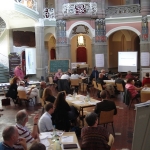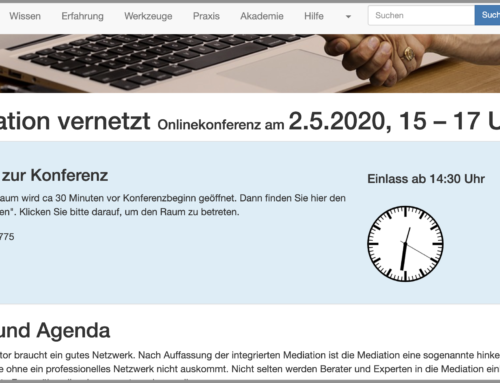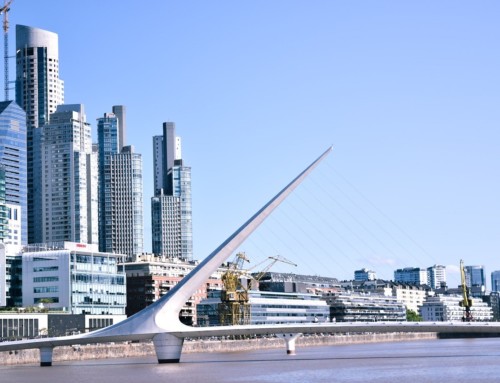 The 7th International Congress of the integrated mediation took place on the day of German unity in the historic courthouse in the former East Berlin. The seemingly impossible became reality. Lived esteem has become an active demonstration of how the culture could actually change by mediative thinking.
The 7th International Congress of the integrated mediation took place on the day of German unity in the historic courthouse in the former East Berlin. The seemingly impossible became reality. Lived esteem has become an active demonstration of how the culture could actually change by mediative thinking.
Not too long ago, one would have thought to hold a conference like this is impossible. Who would have thought that participants from Russia, the USA, Bulgaria, Estonia, Italy, eastern and western Germany could meet at this location ever. Who would have thought that a congress dealing with the consensual resolution of conflicts, will take place in justice center of the former DDR. Who would have thought that a convention might proceed with such a wide variety of topics and participants in such a constructive and harmonious way? “It was an organizational challenge but the result speaks for itself”, said the CEO of the integrated mediation of Altenkirchen, Arthur Trossen. He arranged this congress together with the President of the Landgericht (regional court) Berlin, Dr. Bernd Pickel. Especially against the backdrop of the controversial Mediation Act, this congress has shown that it is possible to discuss those issues in a peaceful and constructive dialogue.
“Yes, there is a vision of mediation,” that’s the way Trossen summarizes the outcome of that event. In spite of arguing for or against training hours, law and other regulations, the participants, mostly practicing and experienced mediators, appreciated it very much, to develop a first set of a mediator’s requirement. “This way of thinking and proceding is consistent with the steps of the mediation. Integrated mediation understands those steps in the way of a cognition process”, the moderators Brigitte Komescher and Arno Baltin explain. “The decision about training hours and regularities should be done afterwards in a further step. The participants initially expected a broad-based range of issues, various experts, such as Prof. Dr. Greger, Prof. Dr. Neuert. Prof. de Marco Cristefaro, but also representatives of other associations and organisations of mediation. The main topic was about visions and goals, which should be derived from the profile of a mediator. The development of such a profile was the central theme of the conference. Brigitte Komescher Arno Baltin and provided an unusually in-depth exchange within the framework of a so-called “World-Coffee”. It is a technique of conductiong a conference, which might cause the association of participants to be in a coffeehouse. There they have well-founded discussions. In fact, this concept succeeded though there were different opinions and adversary standpoints. It allowed an intensive exchange. More than that it allowed to achieve results. The participants agreed on an outcome. All of them were fascinated by the depth, quality and consistency of the conference. One of them even mentioned: “This congress was like a remedy for my mediator’s soul. It was so different to the quarreling about the lwa and education quets which have been discussed before”. “With this congress,” Trossen confirmed, “the workload actually starts. But it is the load of a constructive and purposeful work. We will be able to define enough items of the mediators’s profile. This might become a contribution to the draft of law.





Leave A Comment
You must be logged in to post a comment.